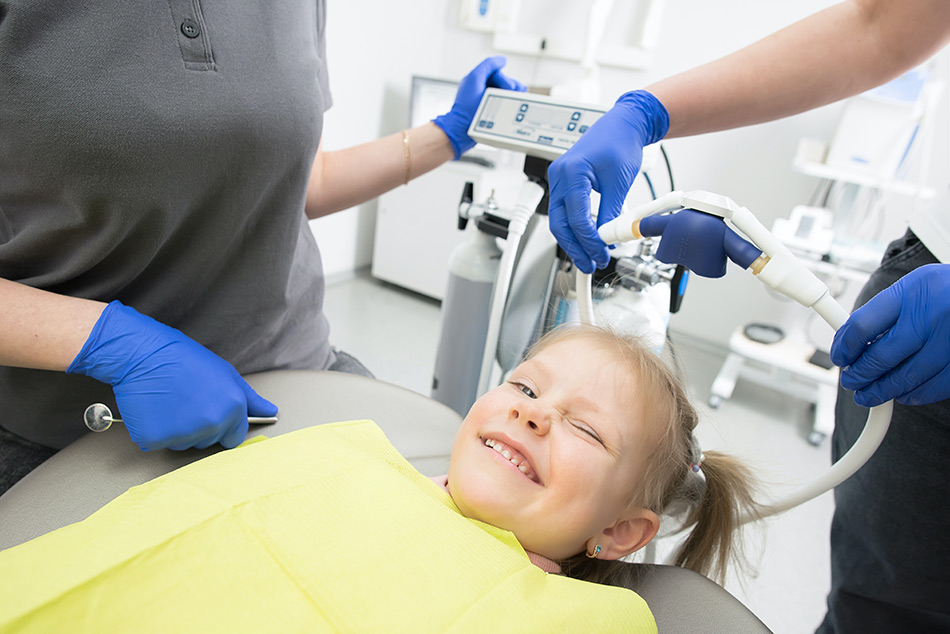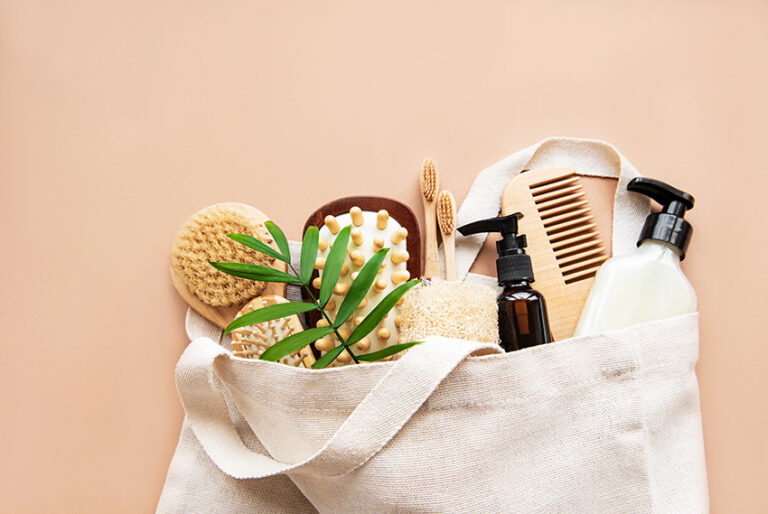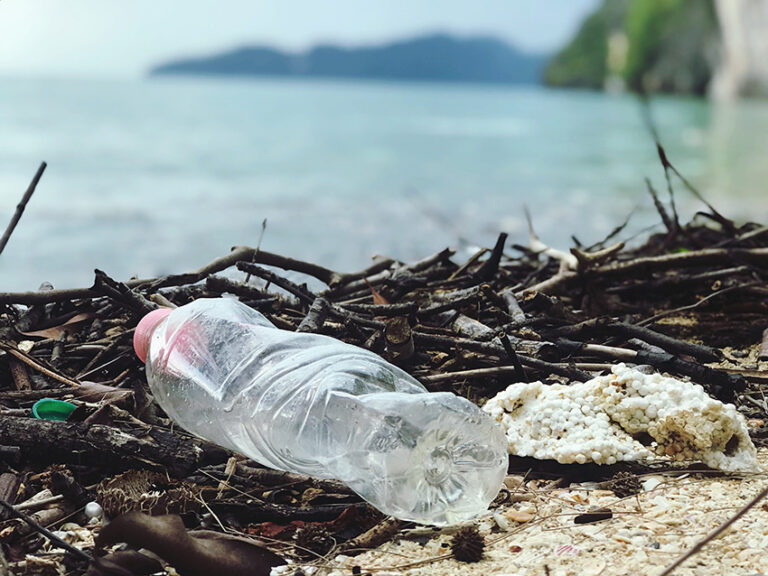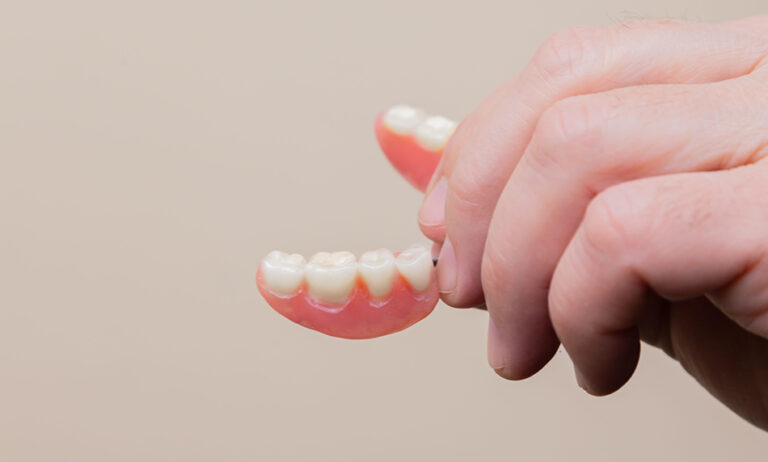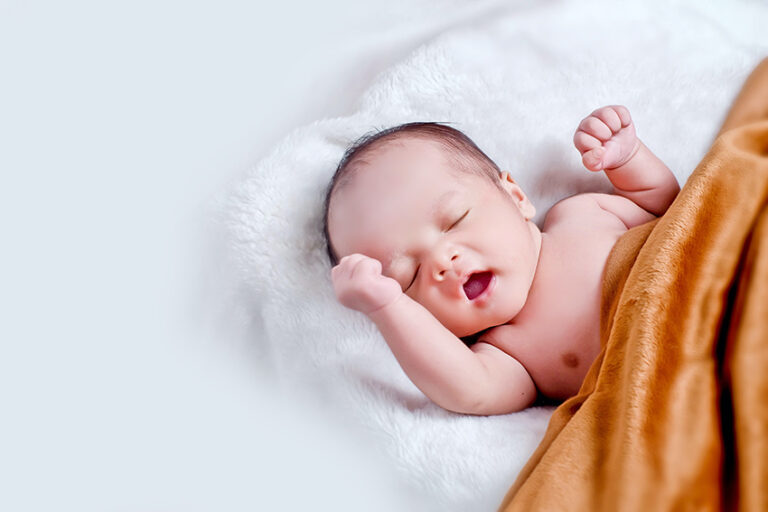If you are a new or expectant parent, you might be overwhelmed by all of the information available to you about infant safety and care. Believe it or not, it’s important to start caring for your baby’s teeth and gums long before that first tooth even erupts. Below is a simple and straightforward guide to infant oral care and the steps you will need to take as your baby grows.
The First Steps in Protecting Your Baby’s Teeth
Despite your new baby’s toothless smile, his or her baby teeth are already formed and waiting to erupt. As such, it’s important to ensure that you are taking all the right precautions to protect your infant’s teeth, even when you can’t see them. The American Dental Association recommends cleaning your newborn’s gums with a soft, clean washcloth or gauze right after each feeding. Breastmilk and formula contain natural sugars that should not remain in contact with baby’s gums after the feeding.
Preventative Care Principles
Aside from ensuring that your infant’s gums are clean after each feeding, there are a few other guidelines for ensuring that your baby’s teeth (when they erupt) are healthy.
- Avoid any drinks aside from breastmilk or formula during the newborn stage. As a newborn, your baby should be consuming breastmilk or formula and nothing else unless your pediatrician has instructed otherwise. Adding sugary drinks to an infant’s bottle can cause oral health issues.
- Don’t share germs with babies. If you drop a pacifier on the floor, it can be tempting to put it in your mouth to “clean” it before giving it back to your baby. Unfortunately, this can pass along a variety of germs that can affect your infant’s oral health. Always rinse dropped pacifiers with water to clean them.
- Don’t put your baby to bed with a bottle. If you are bottle-feeding your baby, avoid putting your baby to bed with the bottle. Instead, finish the feeding before bed – and remember to wipe your little one’s gums after bedtime feedings, too.
Introducing Toothbrushes
When you see your baby’s first tooth, it’s time to introduce toothbrushes and toothpaste to your baby’s everyday care. From this point until about three years of age, you will need to brush your child’s teeth twice a day with a tiny bit of toothpaste – about the size of a grain of rice, according to the ADA. WooBamboo offers soft children’s toothbrushes that you can use from infancy through toddlerhood, and we even make yummy sugar- and fluoride-free toothpastes with flavors like Marshmallow and Bubble Berry that contain natural ingredients to provide a healthy clean for adults and babies alike.
When to Let Your Child Brush on His or Her Own
Children can help you brush their own teeth as soon as they have the manual dexterity to do so. Allowing your child to brush his or her own teeth is an excellent way to help introduce the habit, and it reinforces the importance of good oral care. However, until your child turns six or so, it’s best for you to do the majority of the brushing yourself. Kids are enthusiastic about doing things on their own, but it can be difficult to brush thoroughly and properly until around age six.
As a new parent (or an expecting one), you’re probably feeling overjoyed about your baby – and you’re probably also feeling a little apprehensive about the various guidelines for infant care, too. Fortunately, infant oral care is relatively simple, and as your child grows, you can start teaching him or her how to brush and floss in a way that is exciting and fun.

